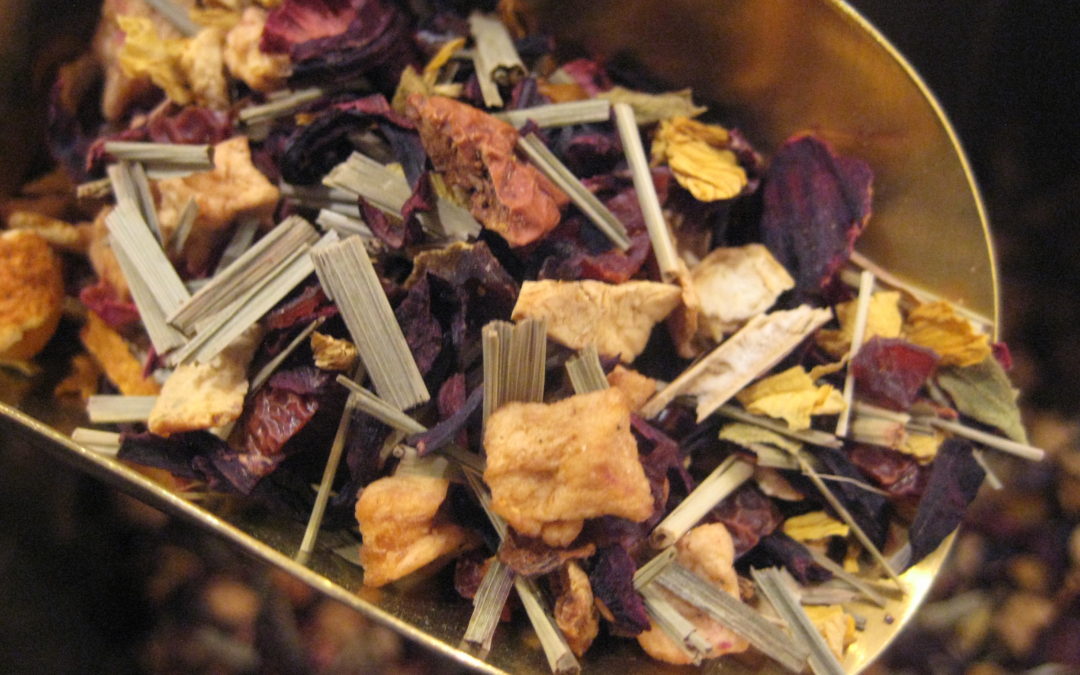Traditional Chinese Medicine
Traditional Chinese Medicine (TCM) is a system of primary health care that includes acupuncture, Chinese herbal medicine, remedial massage (anmo tuina), exercise and breathing therapy (such as qigong), and diet and lifestyle advice. In Australia, the most popular forms of TCM health care are acupuncture and Chinese herbal medicine.
Traditional Chinese Medicine has an uninterrupted history of development in China and other parts of East Asia dating back at least 5000 years, making it one of the oldest and most long-standing health care systems in the world.
The primary feature of modern TCM is the premise that good health relies on the restoration and maintenance of harmony, balance and order to the individual. TCM takes a holistic approach to understanding normal function and disease processes and focuses as much on the prevention of illness as it does on the treatment.
Chinese Herbal Medicine
The underlying principles of TCM are very different from traditional Western notions about health, illness and the workings of the body. Chinese herbs are prescribed to normalise imbalanced energy, or Qi (pronounced ‘chee’), that runs through invisible meridians in the body.
Whether or not the philosophy is believed, studies have shown Chinese herbal medicines to be successful in treating a range of disorders, particularly gynecological and gastrointestinal disorders.
Yin and Yang
The ancient Chinese proposed that every living thing is sustained by a balance of two opposing forces of energy, called Yin and Yang. Together, they make up the life essence, or Qi . Half of certain organs and meridians are governed by Yin and the other half by Yang. When Yin and Yang are out of balance in the body, this causes a blockage of Qi and a subsequent illness. Yin and Yang imbalances can be caused by stress, pollution, poor diet, emotional upsets or infection. For diagnostic purposes, Yin and Yang are further subdivided into interior and exterior, hot and cold, deficiency and excess.
The Five Elements in Chinese Herbal Medicine
The TCM philosophy proposes that everything including organs of the body – is composed of the five elements: fire, earth, metal, water and wood. The herbs are similarly classified into the five tastes – sweet, salty, bitter, pungent and sour – which correspond to the five elements, for example, since the skin is a metal element Yang organ, it would be treated with a pungent herb.
How is Chinese Herbal Medicine Prescribed?
Chinese herbal medicines are prescribed either singly or made into formulae which take into account the individual therapeutic action of each herb and well as the effects when combined together. A well constructed formula maximises the effectiveness for treating a particular condition, while counteracting and minimising the unwanted effects of an individual herb.
What Conditions does Chinese Herbal Medicine Treat?
In addition to providing effective treatment for a wide range of health disorders, Chinese herbal medicine may also be used to assist with general health maintenance and disease prevention. By strengthening and enhancing normal body functions, the immune system is boosted and a general sense of well-being promoted.
A snapshot of conditions typically treated with Chinese herbal medicine includes:
- Insomnia and fatigue
- Loss of appetite and common digestive disorders
- Constipation and diarrhoea
- Irritable bowel syndrome
- Common cold and influenza
- Chronic headaches
- Skin disorders
- Fluid retention
- Anxiety, depression and stress
- Allergies
- Rheumatoid and osteoarthritis
- Premenstrual syndrome and painful menstruation
- Excessive menstruation
- Infertility
- Impotence and prostate disorders
- Disorders associated with menopause
Special Considerations
Herbs can act on the body as powerfully as pharmaceutical drugs and should be treated with the same caution and respect. Some herbs can be toxic in high doses, while others can cause allergic reactions. Make sure your practitioner is fully qualified. Never abandon your regular medication or alter the dose without the knowledge and approval of your doctor.
Chinese Herbal Medicine Today
In the intervening millennia, the practice of Chinese herbal medicine and TCM has developed and matured to become what it is today – a natural and holistic system of primary health care that is being used by people from a wide range of cultural and social backgrounds to effectively treat a wide range of chronic and acute health problems.


Recent Comments